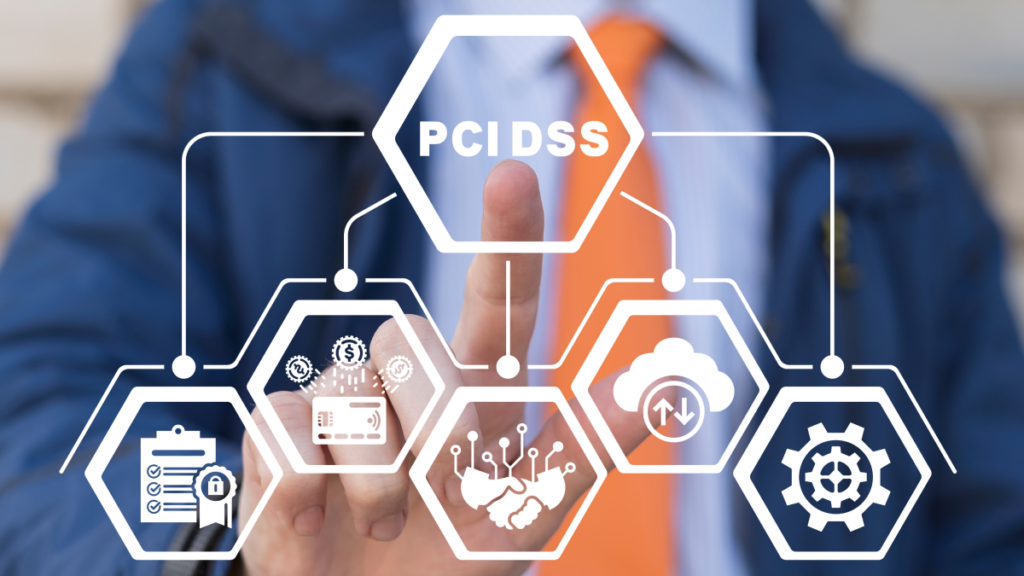Navigating the world of data security can sometimes feel overwhelming, however, understanding the Payment Card Industry (PCI) Data Security Standard it is crucial for anyone involved in choosing, deploying and managing a Contact Center as a Service (CCaaS) ecosystem. Recently, I have had the privilege to engage deeply into PCI compliance requirements with our customers so let me share some insights with you to help ensure that your Contact Center is secure and 100% compliant.
What is PCI compliance?
Let me begin by stating what is to be PCI compliant? Formally known as the Payment Card Industry Data Security Standard (PCI DSS), it is a set of guidelines established to ensure that all companies accepting, processing, storing, or transmitting credit card information maintain a secure environment. These standards were created by major credit card companies such as Visa, Mastercard, and American Express to protect businesses and consumers from data breaches and fraud.
The PCI DSS encompasses twelve requirements organized into six major objectives, covering various aspects from building and maintaining a secure network to implementing strong access control measures.
Why is PCI compliance important?
For contact centers handling credit card payments, PCI compliance is essential for several reasons:
- Starting with security, the primary objective is to protect sensitive cardholder data from theft and misuse.
- Second is trust, compliance reassures customers that their information is handled securely.
- Subsequently legal and financial risks, non-compliance can result in significant fines, legal penalties, and the loss of the ability to process credit card payments.
- Lastly, reputation, a data breach can severely damage a company’s reputation and erode customer trust.
Determining PCI compliance in your contact center
To ascertain whether your Contact Center as a Service (CCaaS) provider is PCI compliant, consider the following checklist:
- Data encryption: Ensure that all cardholder data is encrypted both in transit and at rest, rendering it unreadable to unauthorized parties.
- Incident response plan: Inquire about the provider’s incident response plan. Assess their ability to quickly react to a data breach, mitigate damage, and notify affected parties.
- Call recording and data redaction: Check if the contact center employs technology to automatically redact sensitive information from call recordings and transcripts. They should also have the capability to selectively record calls, excluding segments that contain payment information.
- Regular audits and monitoring: Confirm that regular security audits and vulnerability assessments are conducted. Continuous monitoring for unauthorized access and maintaining comprehensive logs are crucial practices.
- Employee training: Ensure that the contact center provides ongoing training for their employees on PCI compliance and best practices for data security.
- Access controls: Verify that the provider restricts access to sensitive data to only those who require it. Implementation of multi-factor authentication and unique IDs for each person accessing the data is essential.
- Secure payment processing: Look for features such as tokenization, which replaces sensitive card data with unique identifiers (tokens) that cannot be used outside the specific transaction context.
- Compliance certification: Request proof of PCI compliance. A reputable CCaaS provider should be able to furnish certification or third-party audit reports demonstrating their adherence to PCI DSS.
When I first began exploring what PCI compliance meant for contact centers, it felt like learning a new language. However, breaking it down step-by-step helped me understand its significance and how critical it is to ensure that Contact Centers as a Service ecosystems meet these critical standards. While it requires some effort upfront, knowing that customers’ data is secure and that we are helping our customers protect it, with our specialized PCI-DSS offering, it gives me the confidence that no breaches will occur within our customer’s CCaaS environment. Utilize the checklist above to evaluate your current or prospective CCaaS providers. Do not hesitate to ask detailed questions – safeguarding your customers and your business is paramount.
Should you have any questions or need further clarification, feel free to reach out to one of our OpenText Customer Success and Contact Center experts .




